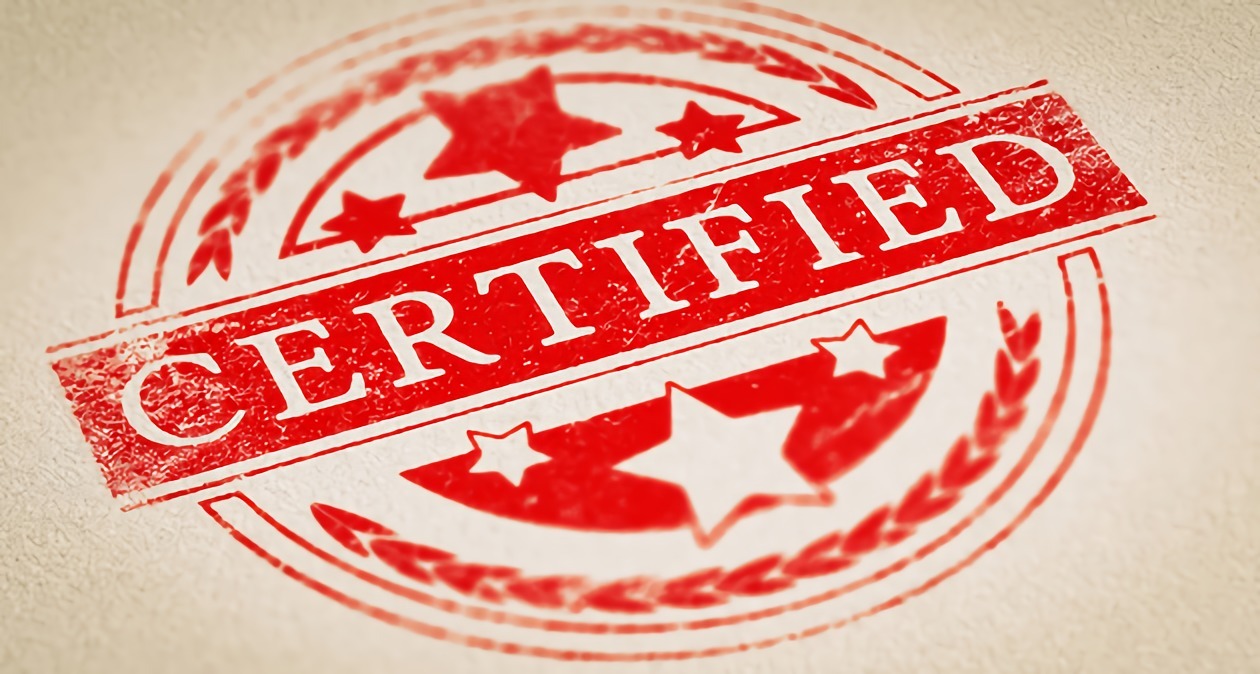TWS is a Great Training Option for Everyone
Learn more about how we can prepare you to advance your career.
The path to a career in welding takes training, experience and, for those seeking more lucrative job opportunities, certification. Receiving a diploma from an accredited trade school can prepare individuals for certain types of welding certifications, while others can be obtained once working in the field or for a welding company. Below are some of the welding certificates you may need to get depending on the job and the company you work for.
Welding Diploma
A student must show an understanding of the various welding processes and types of welds that are taught in a welding program. Receiving a diploma from a welding school means that the student has finished and passed all tests associated with each course. Some welding schools, such as Tulsa Welding School, require students to pass a written test and demonstrate specific welding skills before receiving a diploma.
Welding Techniques Taught in Diploma Programs
Welding programs teach various techniques that a welder will use daily and will be tested in for the certification processes. A few of these techniques include:
- SMAW: Shielded Metal Arc Welding
- MIG: Metal Inert Gas Welding
- FCAW: Flux Core Arc Welding
- TIG: Tungsten Arc Welding
Common Welding Certifications
Common certifications include those from the American Welding Society, the American Society of Mechanical Engineers and the American Petroleum Institute. These certifications, endorsed by professional welding organizations, can lead to better job opportunities and pay.
Have You Considered a Career in the Skilled Trades?
Fill out the form to recieve a no obligation info packet.
- The American Welding Society (AWS) is one of the most highly recognized welding organizations in the country. They offer welding certifications for nine categories, including welding supervisors, educators, inspectors, radiographic interpreters, fabricators and engineers. The Certified Welder program is the most common one chosen by those recently received a welding diploma. Some schools, such as Tulsa Welding School, prepare students for the exam for this certification.
- The American Society of Mechanical Engineers (ASME) offers certifications for products produced by companies and manufacturers. Welding companies often seek ASME’s Boiler and Pressure Vessel Certification (BPVC). The process involves preparing a quality assurance plan for the design, manufacture, and testing of all products and then having a third party inspect the company’s facilities to ensure the plan is successfully implemented. Products produced by welders with ASME certification are often stamped to show that they have been manufactured to meet industry standards, as well as many U.S., Canadian and national safety laws.
- The American Petroleum Institute (API) provides welding certifications necessary when a welder works with gas and oil piping. This is a specific certification and can be received in conjunction with other types of testing and certifications. Inspector and welding certifications are the most common types of certifications that welders seek from API.
Certification Starts with a Welding Diploma
Certifications can help a welder advance their career. However, the first step is often obtaining a welding diploma. Welding programs like the ones Tulsa Welding School offers to teach individuals the skills they’ll be tested on during the AWS Certified Welder test and that they’ll need to enter the field. After gaining experience, welders can seek additional certifications, such as those offered through the ASME and API.
This blog has been labeled as archived as it may no longer contain the most up-to-date data. For a list of all current blog posts, please visit our blog homepage at https://www.tws.edu/blog/







